
Continuous Improvement of Student Learning: Designing a Comprehensive Learner Logic Model
MSCHE 2021 Annual Conference
Presenters
December 14, 2021 @ 2:00 PM – 3:00 PM EST
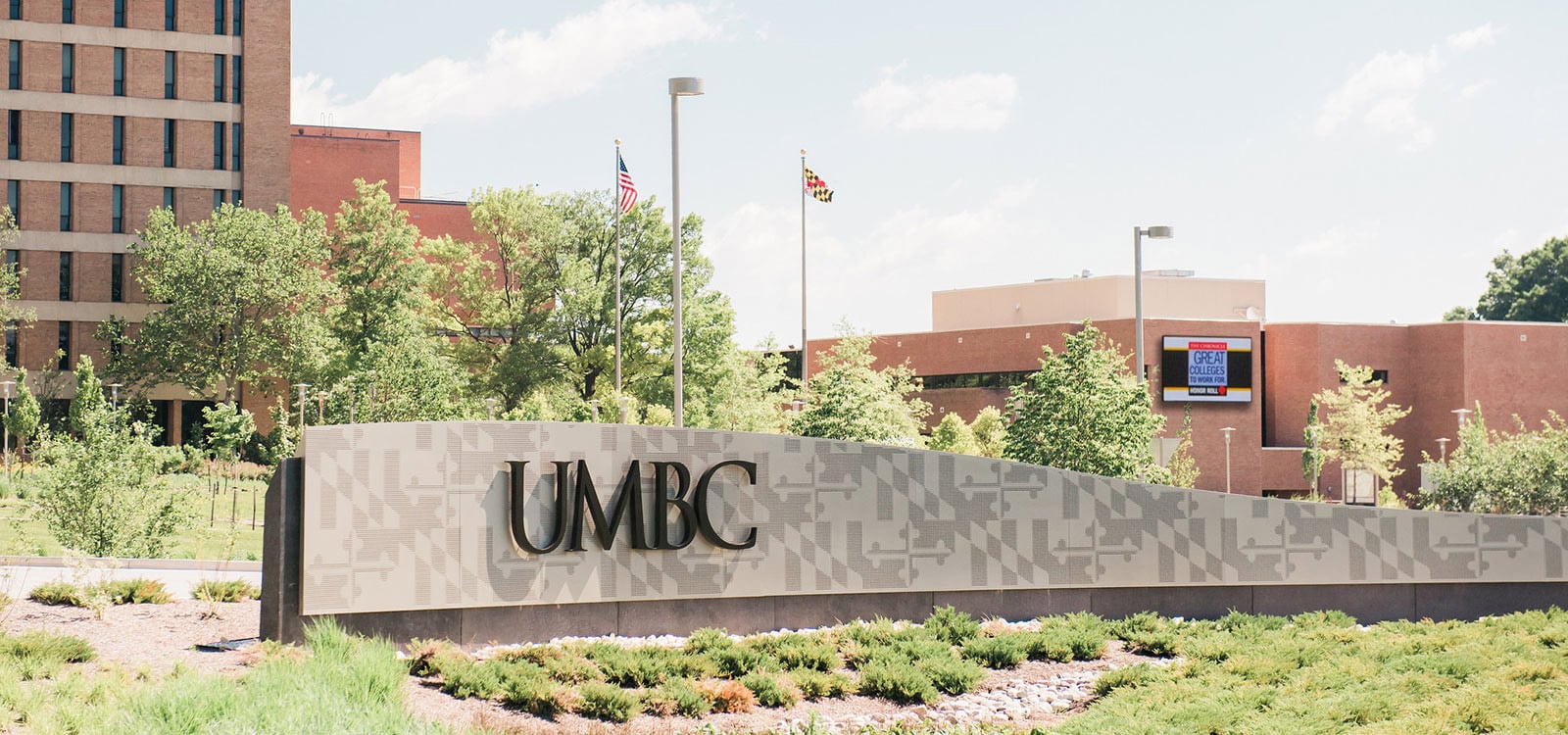
Description
COVID-19 exposed a number of instructional strategies and learning improvements necessary to support and measure student success. The American Association of Colleges and Universities (AAC&U) 2021 workforce report highlights the importance of an alignment between institutional outcomes and skills to promote workforce preparedness, national competitiveness and socioeconomic growth. Specifically, the report found “substantial support among employers for the outcomes and experiences of a liberal education and makes it clear that a liberally educated graduate is strongly positioned for success in the job market.”
With an opportunity to improve and innovate student learning outcomes simultaneously, Comprehensive Learner Record (CLR) is an interoperable achievement hub that reinforces that learning happens everywhere with verified evidence of student learning from course, co-curricular engagements, student employment, and even student self-identified experiences. CLR makes achievements explicit and meaningful for institutions, students and employers. Stakeholders who use CLR as a vehicle for learning in real-time and an ecosystem of skills that employers value, are providing valuable opportunities to share knowledge, skills and abilities with a greater audience.
This session will provide insight into the University of Maryland, Baltimore County’s Comprehensive Learner Record (CLR) logic model and how this effort organically provides evidence of student learning while meeting the requirements of Middle States Accreditation. The collection of CLR data align with Standards III, IV, and V. In collaboration with Greater Washington Partnership (GWP) Capital COLab, an academic and industry body focused on developing a skilled workforce, UMBC’s CLR processes tracks acquisition of knowledge, skills and abilities (KSAs). This effort supports UMBC’s goal in synthesizing learning across modules, courses and other learning experiences.
See how UMBC’s CLR logic model is supporting curriculum revision, student learning and preparing students for their future careers and how partnering with employers in your institution’s region supports the mission and vision of learning and career readiness.
Key Takeaways
It is our goal to provide the audience with the following intended key takeaways:
1. Describe the Comprehensive Learner logic model for holistic assessment
2. Determine opportunities to identify stackable credentials within current programs that can add value for the student experience linked to your MSCHE self study
3. Identify opportunities for a CLR model at your institution
4. Describe your next steps for implementing a CLR initiative linked to your improvement plan for your institution
Presenters
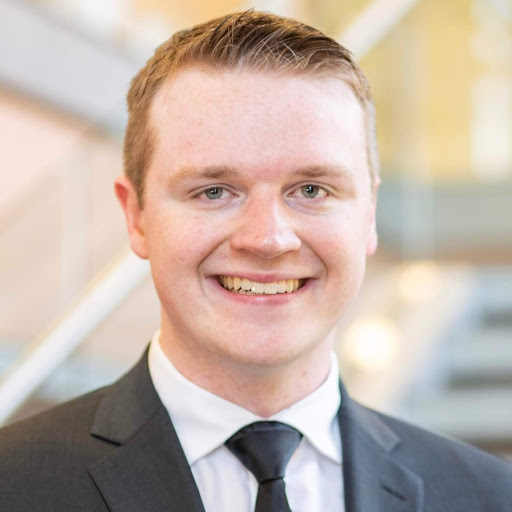
Collin Sullivan, LMS System Support Specialist, University of Maryland-Baltimore County
Collin Sullivan is the Learning Management System Support Specialist at the University of Maryland, Baltimore County. Collin supports the day-to-day operation, administration, troubleshooting, and faculty support of UMBC’s LMS, Blackboard. Collin also serves an integral role supporting micro-credentialing and expanding efforts to implement Comprehensive Learner Record across campus to better assess and capture student learning across the institution. Collin will be graduating with his Master's of Public Policy in Fall 2021.
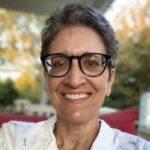
Susan Biro, Online Learning Coordinator, University of Maryland-Baltimore County
With more than 20 years of experience in distance education, Dr. Susan Biro brings expertise in many facets of developing, implementing, and administering online programs. In her recent position as Acting Manager, Online Learning at University of Maryland, Baltimore County, Susan is responsible for expanding online course offerings in applied learning masters programs, supporting faculty adoption of Open Educational Resources, and helping to scale badging initiatives and a Comprehensive Learner Record strategy at UMBC. In her prior position as Executive Director of Teaching and Learning Technologies at Prince George’s Community College, Susan was responsible for coordinating the eLearning and technology training teams for online/hybrid courses and faculty support. Prior to that role, she served as the Director of Distance Education at Carroll Community College where she ensured effective use of the learning management system in delivering online and hybrid courses, and comprehensive support services were in place for online learners. Finally, as Dean of the Online Campus at Berkeley College of New York and New Jersey, Susan served as the chief academic officer for online programs. She mentored full time and adjunct online faculty, managed the program planning to enhance online student retention, and assisted in creating institutional standards for credit-for-prior-learning and portfolio development. Susan earned both her Doctor of Education with a specialization in Leadership in Higher Education, and her Master of Education in Adult Education from Widener University. She holds a Bachelor of Arts in Journalism from Delaware State University.

Laura Wyatt, Instructional Design Specialist, University of Maryland-Baltimore County
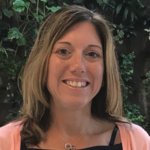
Suzanne Carbonaro, Director of Academic Partnerships, AEFIS
Suzanne Carbonaro, M.Ed, MS, CE School Administrator, is the Director of Academic Partnerships at AEFIS. Suzanne has 27 years experience in higher education teaching, curriculum design, assessment and leadership. Most recently, Suzanne served as the Director of Assessment at the Philadelphia College of Pharmacy at the University of the Sciences where she designed the real-time assessment process for the newly implemented competency-driven doctor of pharmacy curriculum. She came to USciences from Rider University where she served as Director of Assessment and Strategic Partnerships at the College of Education. Here she redesigned their assessment process and managed over a million dollars in grants. Suzanne has led successful self-studies and re-accreditation efforts for the doctor of pharmacy and teacher and leader education programs. She is a proud member of the team who successfully received the American Association of Colleges of Pharmacy (AACP) 2019 Award for Excellence in Assessment. Suzanne was invited to present her research and development of Comprehensive Learner Records (CLRs) to IMS Global at the 2018 Learning Analytics Summit, 2019 IMS Global Digital Credentials Summit and was a finalist for Learning Impact Awards at the Leadership Institute in May 2019. She received the USciences 2018 Founder’s Day Award for Innovation and has presented at AALHE (2018, 2019, 2020), Drexel Assessment Conference (2018, 2019, 2020), IUPUI (2018, 2019, 2020), AACP (2019) as well as regional assessment conferences, and the Competency-Based Education Network (2019, 2020).
Event Info & On-Demand Recording
Any pre-event information will be provided below. Any post-event information and the archived recording will be available within 48-hours following the event. This content is only available to AEFIS Academy Community Members.
Attendees

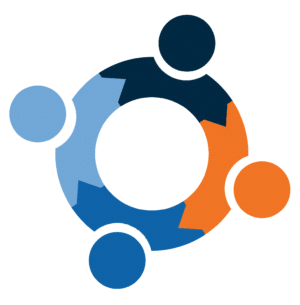
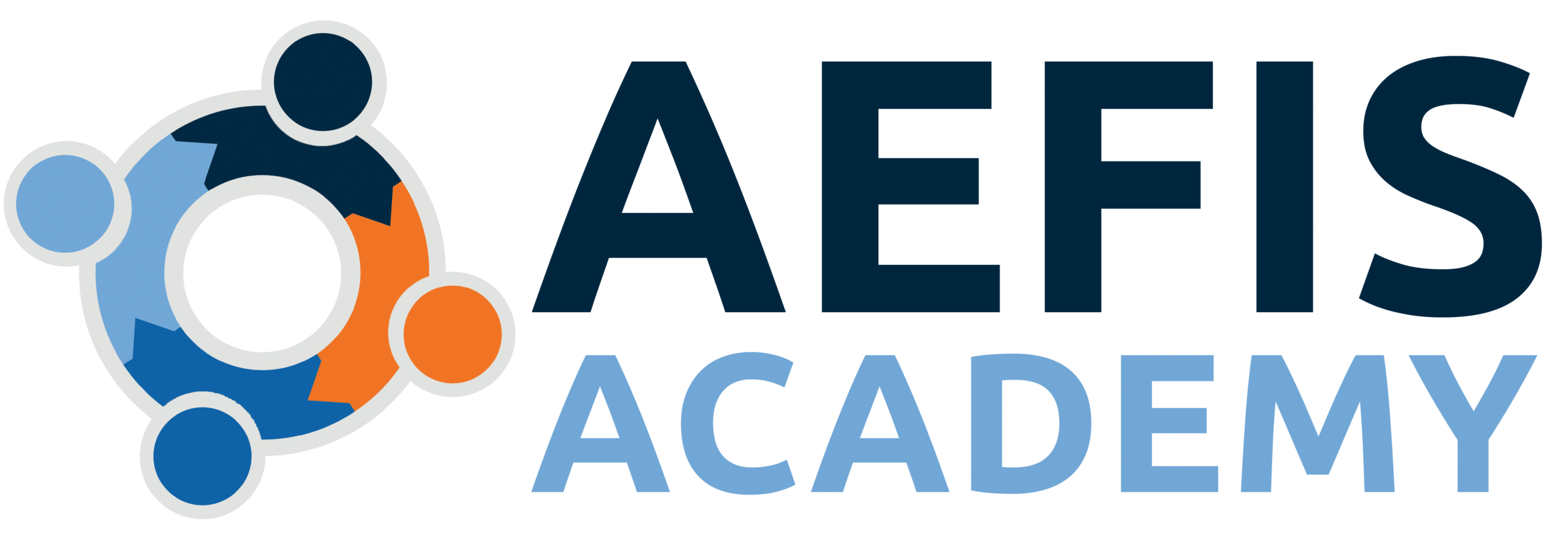

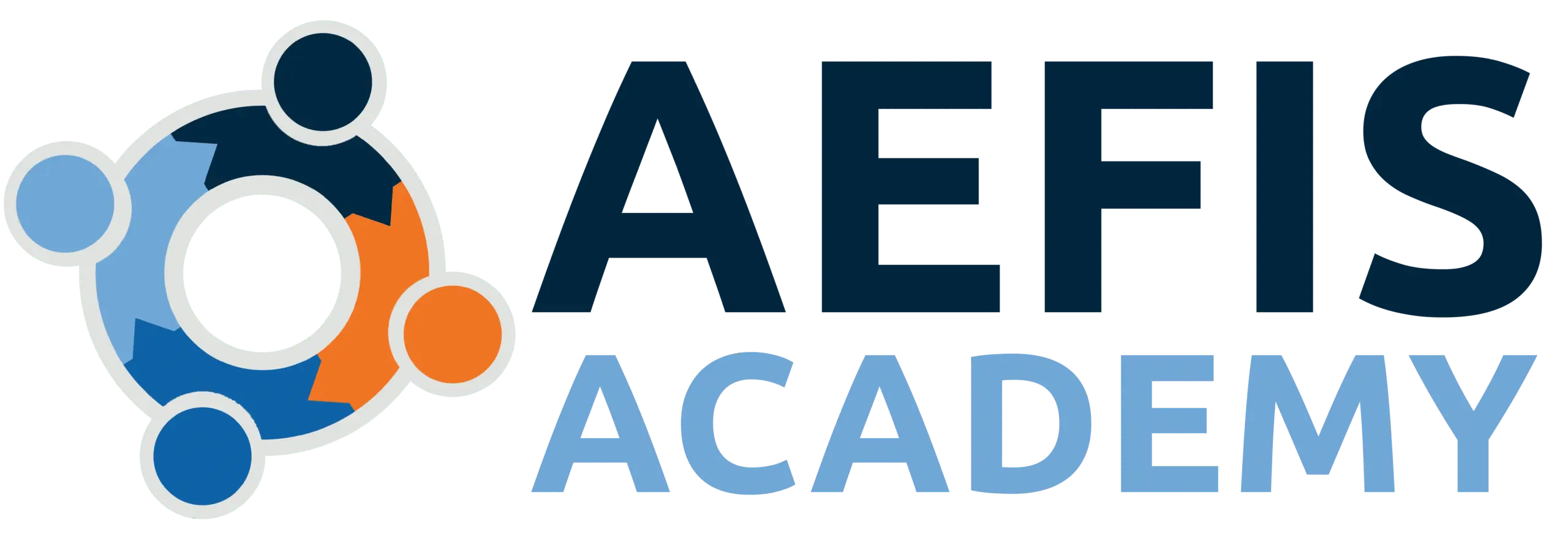

Continuous Improvement of Student Learning: Designing a Comprehensive Learner Logic Model Discussion